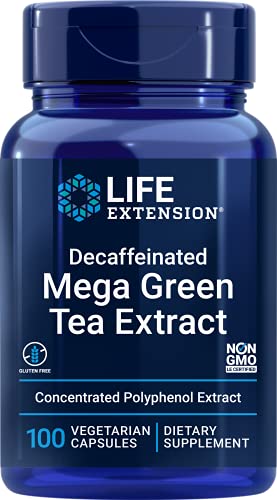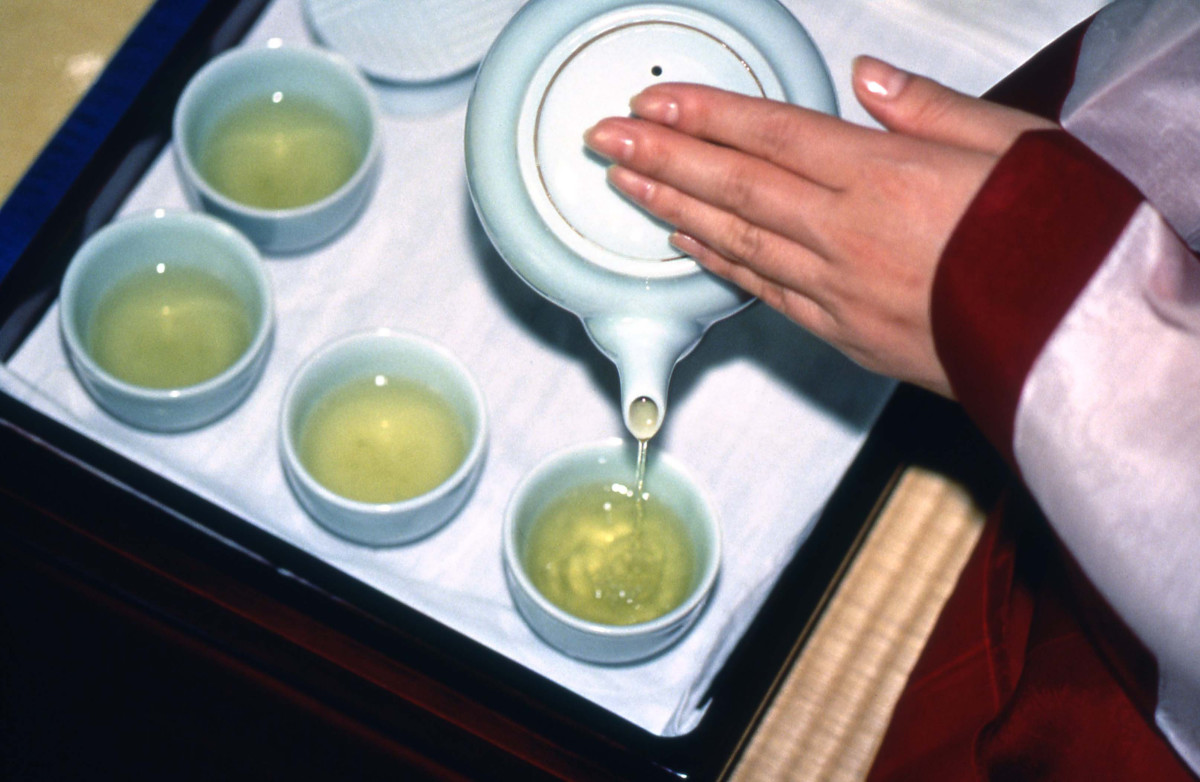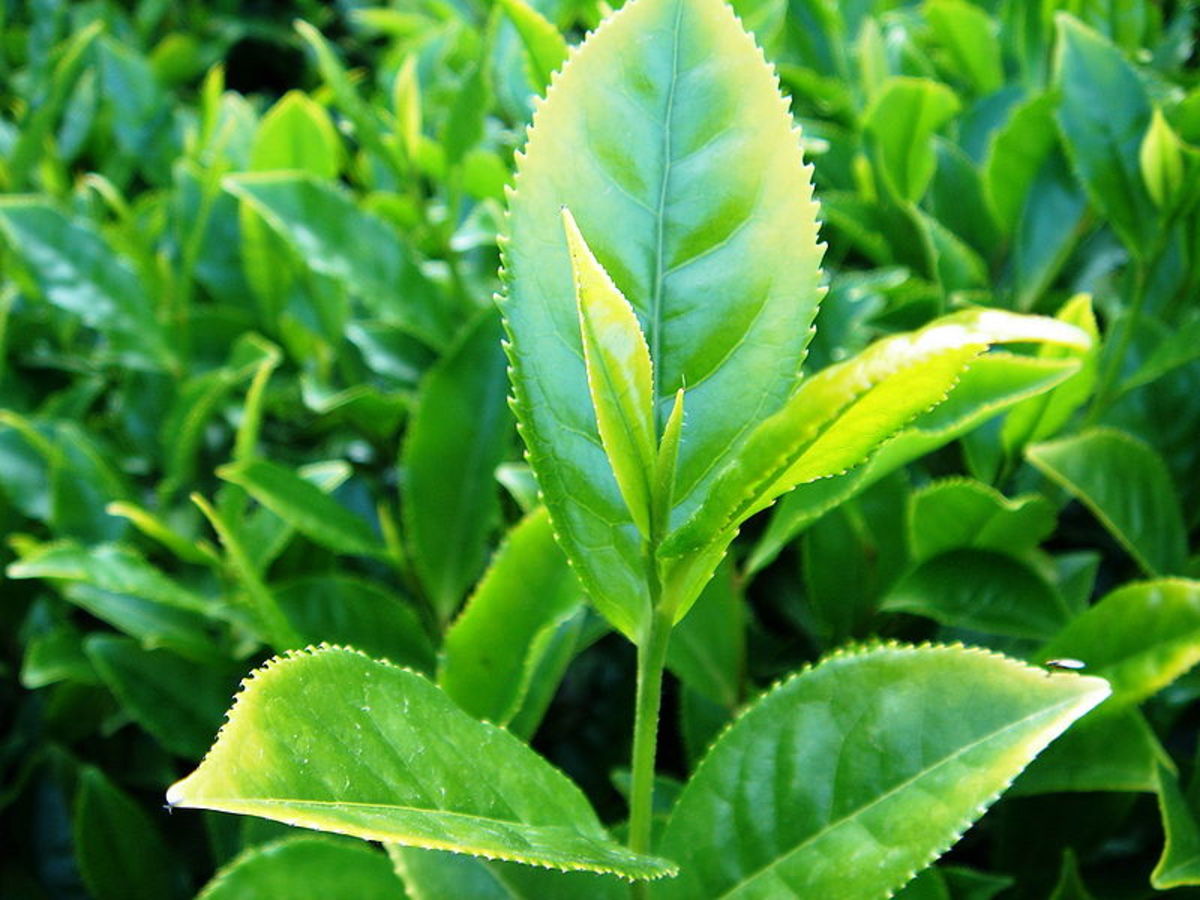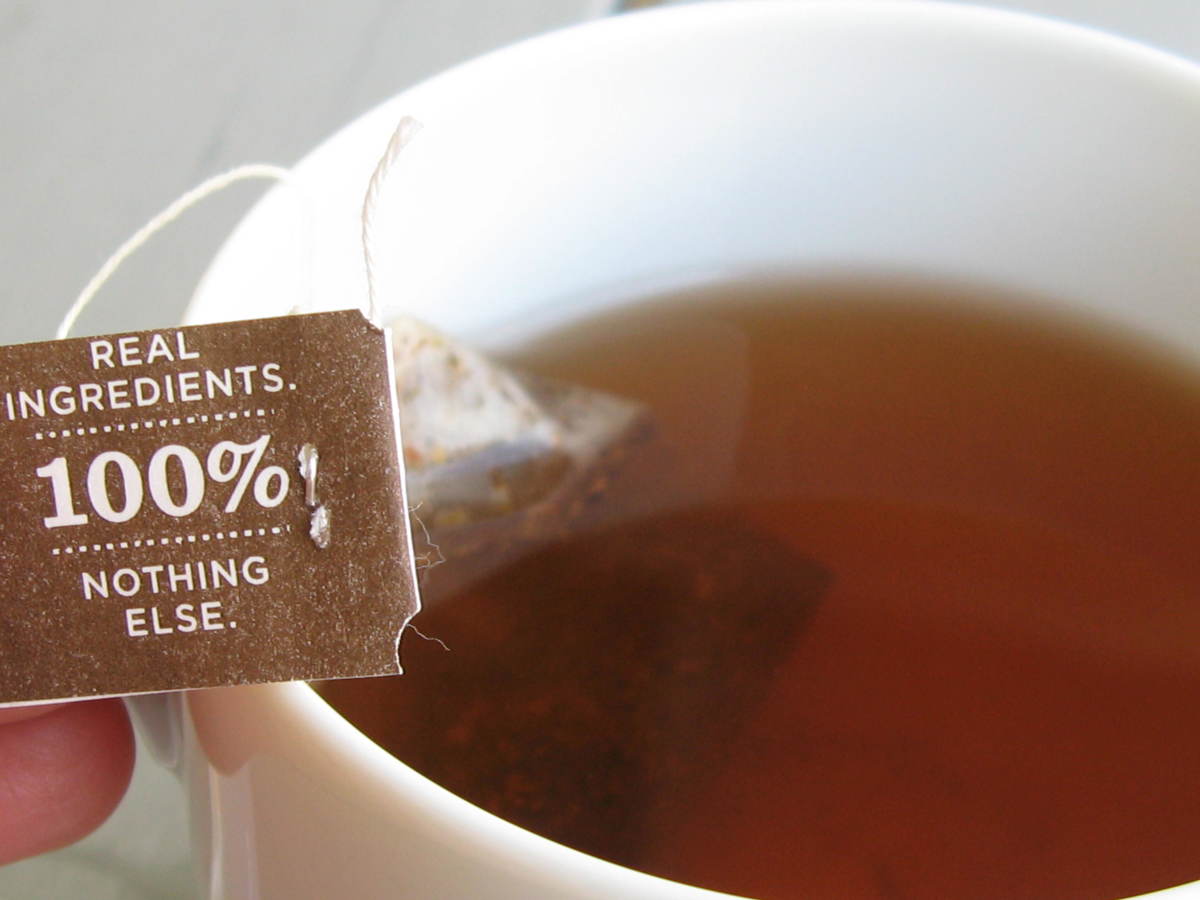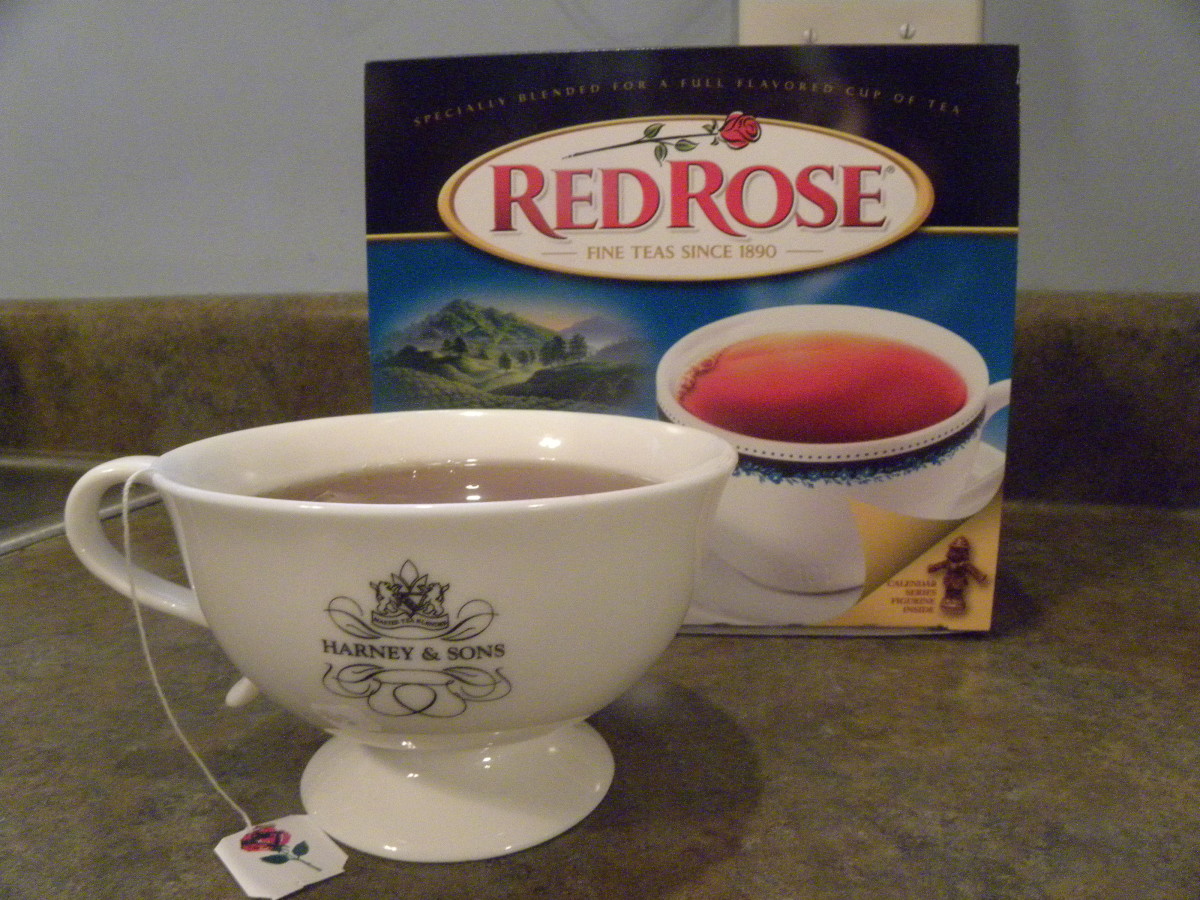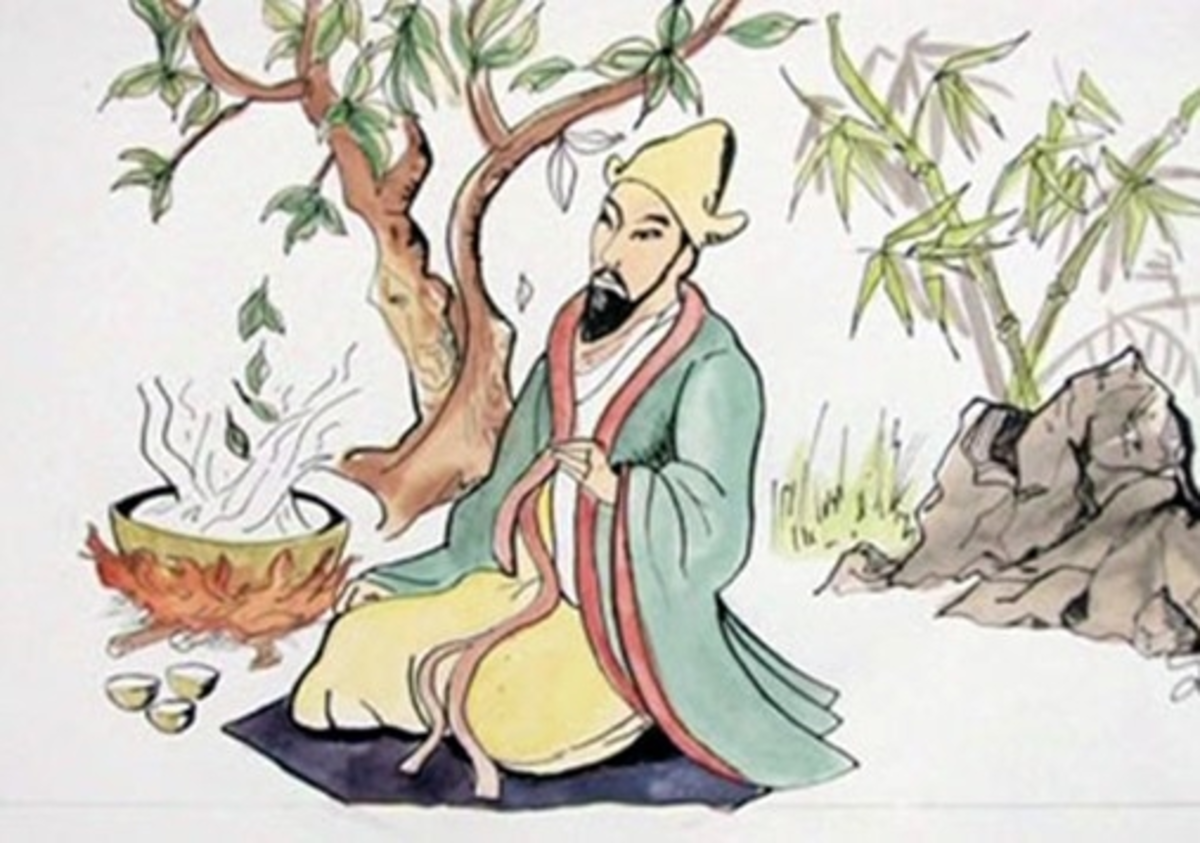The Wonderful Green Tea - Good and Bad
Green tea overview
Green tea is made from unfermented leaves that are pale in colour and slightly bitter in flavour, produced mainly in China and Japan.
Green tea is a type of tea that is made from Camellia sinensis leaves and buds that have not undergone the same withering and oxidation process used to make oolong teas and black teas. Green tea originated in China, but its production and manufacture have spread to other East Asia countries.
Green tea is made from the Camellia sinensis plant. The dried leaves and leaf buds of Camellia sinensis are used to produce various types of teas. Green tea is prepared by steaming and pan-frying these leaves and then drying them. Other teas such as black tea and oolong tea involve processes in which the leaves are fermented (black tea) or partially fermented (oolong tea). People commonly drink green tea as a beverage.
As a prescription, green tea is used for genital warts. As a drink or supplement, it is sometimes used for high levels of cholesterol or other fats (lipids) in the blood (hyperlipidemia) and high blood pressure, to prevent heart disease, and to prevent cancer of the lining of the uterus (endometrial cancer) and ovarian cancer. It is also used for many other conditions, but there is no good scientific evidence to support these other uses.
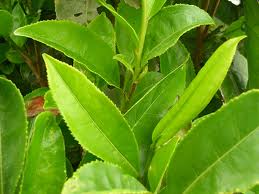
Ancient Chinese proverb
“Better to be deprived of food for three days than tea for one.”
Don't Drink Real Tea, Or You May Never Want Anything Else.
A bath refreshes the body, tea refreshes the mind.
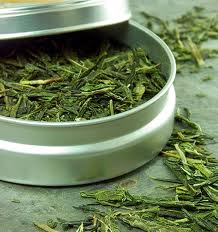
Origin of green tea
As with all teas, green tea originates from China. It has long been popular in Japan and indeed many Asian countries. Until recently the West has always drunk black tea but has recently discovered green tea.
There are many varieties of green tea as there are of black tea. The varieties are different to each other because of the various growing conditions, processing etc.
The leaves are dried in such a way as to avoid as much oxidation as possible.
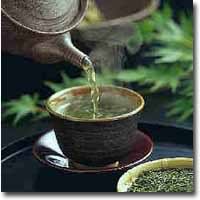
The benefits of the green tea
There have been many studies, both scientific and medical, to evaluate the suggested health benefits of the green tea. There seems to be some evidence that regular green tea drinking might help to develop a lower risk of developing heart disease and certain types of cancer.
Green tea extract has been shown to increase the metabolic rate by 4% without increasing the heart rate.
A survey by the United States Department of Agriculture (2007) showed that the mean content of flavonoids contained in a cup of green tea is higher than that of food such as fresh fruit juice, vegetable juice or wine.
Flavonoids (Vitamin P) are a group of phytochemicals - biologically active chemical compounds that occur naturally in plants - that are responsible for such health effects as anti-oxidative and anti-carcinogenic functions.
It must be remembered, however, that the content of flavonoids will vary from various products.
A study performed at the Queen Margaret University, Edinburgh showed that 4 cups of green tea per day for 14 days reduced the systolic and diastolic blood pressure, cholesterol, body fat and body weight.
The Israel Institute of Technology performed a study that showed that when the main anti-oxidant of green tea extract (EGCG) was fed to mice that had Parkinson’s and Alzheimer's disease the brain cells were protected from dying.
Green Tea
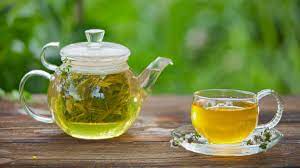
Possible Bad Side Effects
It should be remembered that research is still fairly new into green tea and that, like any other tea, green tea contains caffeine.
Here is a list (by no means exhaustive) of possible side effects due to too much caffeine:
- Heart palpitations
- Irritability
- Loss of appetite
- Nausea
- Restlessness
- Skin rashes
- Sleeping problems
- Tremor
- Upset stomach
In 2005, the American Food and Drug Administration (FDA) concluded that there is no believable evidence to support health claims for drinking green tea and reducing the risk of certain cancers – such as gastric, lung, pancreatic, ovarian and oesophageal cancer. The FDA did, however, agree that there is very small evidence that green tea might help prevent breast cancer and prostate cancer – but very limited evidence.
Green tea for personal care
